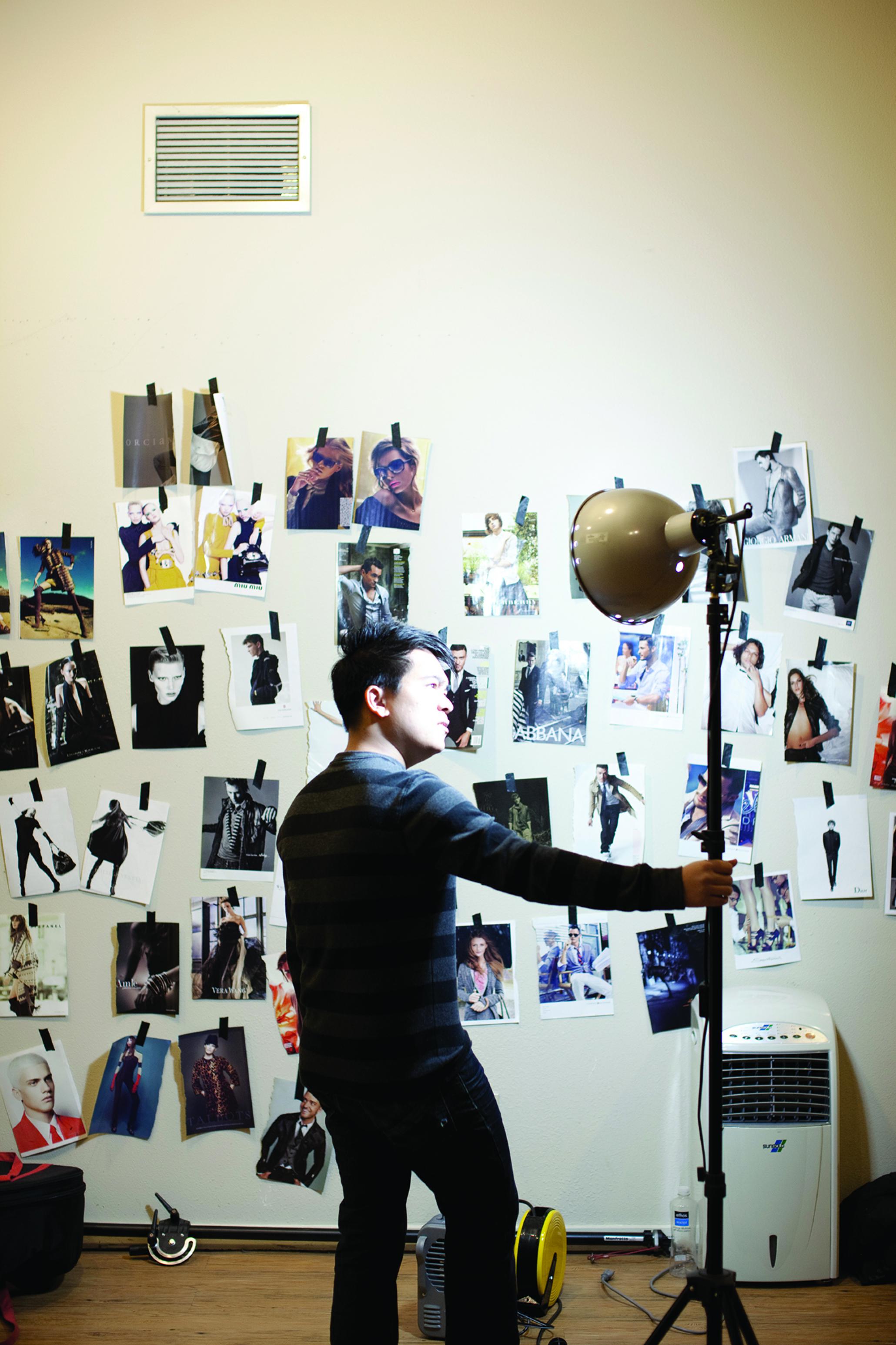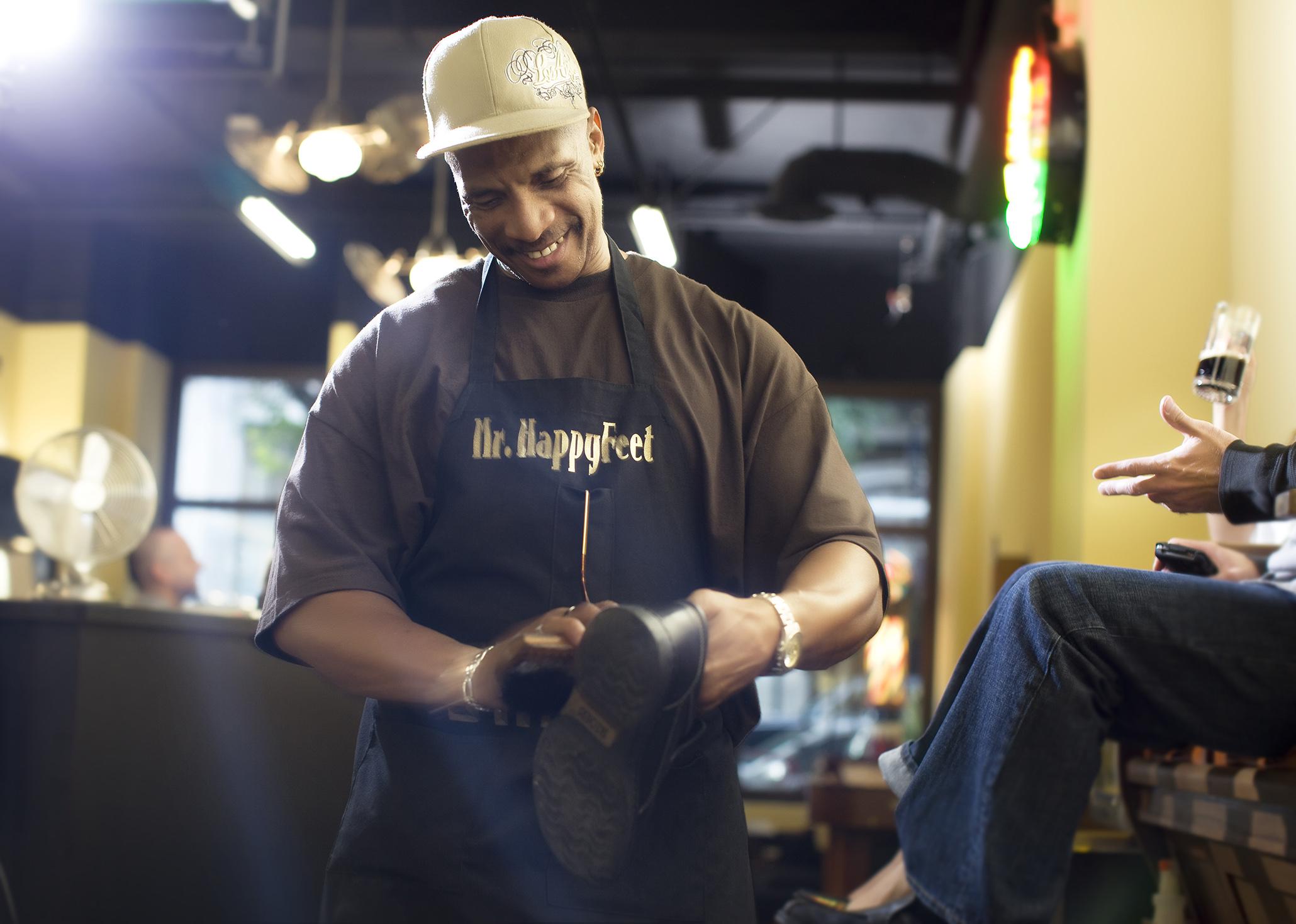Not a lot of people understand epilepsy, the causes of it and how it can profoundly affect someone’s life. When I met Corey, I was interested in learning more. He had such a gentle, kind and happy vibe about him. He didn’t seem to be ‘suffering’ at all. “You can’t let it get you down,” he told me. “You have to try and do the things you’ve always done, you just have to make sure you are with people who can help if something happens.” Putting trust in others has been something Corey has learned to do since being diagnosed right before his 21st birthday. “I had a grand mal seizure while driving,” he tells me, “and a tree stopped my car from going over a 20 foot embankment.”
A bout with spinal meningitis as an infant is thought to be the cause of Corey’s epilepsy, an infection that spreads rapidly through the body and if not treated immediately can cause permanent brain damage or death. Corey thinks he’s pretty lucky he just got epilepsy and that his symptoms didn’t show up until later in his life. But now, he’s got to rely on his friends and family for a lot. “It’s hard sometimes. I can’t do normal things like drive a car, go swimming or have a real job. I just have to take each day as it comes.”
After his diagnosis he spent years in and out of hospitals being poked, prodded and tested. There were years he took a handful of medications every day, a lot of which made him feel nauseous. He’s undergone two brain surgeries where they first removed part of his temporal lobe and then all of it. He risked memory loss and motor function but he begged the doctors to do the second surgery if it would mean he might be seizure free forever. “The doctors actually thanked me later for pushing them to do the second surgery when the first one didn’t work. They’ve gained a lot of great research from it.”
Corey hasn’t been able to get back to surfing either, one of his favorite past times, since he had a seizure one day while riding some waves in Huntington Beach. He had a special life vest on and friends to help pull him to shore but he’s been scared to go back out since then. “I really miss it. My dad taught me to surf when I was little. The water is my therapy.” Determined to stay positive Corey tells me he just has to press the reset button every day and test what he can do. “I actually rode a dirt bike last weekend with some friends and I cried. I was so happy I could do it. I’ll get back out in the water. I know it,” he says, “maybe for Father’s Day with my dad.”
Corey is currently receiving treatment at UC Irvine through the Comprehensive Epilepsy Program. He loves talking to other people about epilepsy and how they’re handing it. “It makes me feel less alone and I want people to know that it’s not a halt, it’s just a slow down. Just adjust your speed and you’ll find your flow again.”














